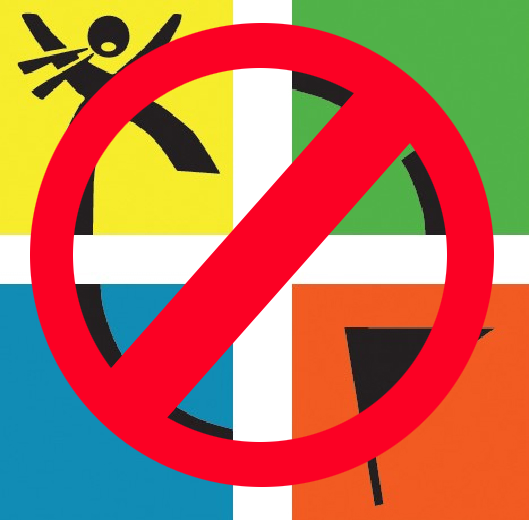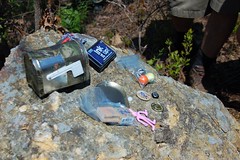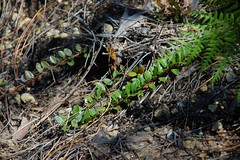A new law was passed by the state of South Carolina and signed by the governor on June 2 that places significant restrictions on geocaching activities in Department of Natural Resources lands, including wildlife management areas and heritage preserve areas. This law seems to have passed under the radar of local geocaching organizations, and hasn’t gotten much discussion – until now.
The new law states the following (and I’m copying this directly from the USCG website as edited):
Section 50 11 2200 (C)
(C) The following acts or conduct are prohibited and shall be unlawful on all wildlife management areas, heritage preserves, and all other lands owned by the department; provided, however, the department may promulgate regulations allowing any of the acts or conduct by prescribing acceptable times, locations, means, and other appropriate restrictions not inconsistent with the protection, preservation, operation, maintenance, and use of such lands:
…
(30) geocaching;
…(E) A person violating this section is guilty of a misdemeanor and, upon conviction, must be fined not less than twenty five dollars nor more than two hundred dollars or be imprisoned for not more than thirty days, or both.
In addition to the posting on the Upstate Geocacher’s website there have been several discussions on Facebook. So far most of the discussions have been level-headed and not reactionary. Most are recognizing it for what it is – an attempt to regulate all manner of activities on DNR lands. Notice the number (30) next to the word “geocaching”. This is just one activity in a long list that includes hiking, trapping, target shooting, and a variety of other things. If anything, it’s a recognition of geocaching as a possible activity that might take place on DNR lands. The phrase that tends to get over looked in that passage is the following:
provided, however, the department may promulgate regulations allowing any of the acts or conduct by prescribing acceptable times, locations, means, and other appropriate restrictions not inconsistent with the protection, preservation, operation, maintenance, and use of such lands:
This simply means that DNR would like to regulate these activities, and not ban them outright.
I understand this concern, and I actually think this bill can be a good thing. I think back to our Lowcountry Unfiltered hike to Peachtree Rock back in April. Our hike leader, Dr. John Nelson, was very concerned that this cache, Peachtree Letterbox…
…was placed so close to a patch of very rare climbing blueberry plants.
Most geocachers express concern for the environment. However, unless you’re extremely knowledgeable about botany, I think most would overlook a seemingly indistinct vine like this. As the name implies, the purpose of heritage preserves is to preserve plant species like these. Geocachers that don’t make themselves aware of these sensitive areas can unknowingly do as much damage as those that don’t care as much about the environment. This new bill just makes sure that everything is on the up and up.
This law is very different from H3777 which was being pushed by Beaufort state representative Katherine Ceips back in 2005. That law sought not just to regulate, but to out-right ban all geocaching in “all cemeteries, archeological sites, and historical properties of the state.” Not only was the definition overly broad (the entire city of Charleston would be off-limits to geocaching), but the proponents of this bill used outright distortions and lies in characterizations of geocachers and the activity of geocaching in general. The bill was defeated, but there is now a de-facto ban on geocaches in these areas simply because of the political overtones.
I think DNR has done a much better job with the new law. There have been no unfair accusations toward geocachers, and they have left open the opportunity for discussion and correct placement of caches. Granted, as far as I know the geocaching community was not involved in any discussion regarding this law, and folks now have an additional hoop to jump through to place caches in these areas, but I think that this can serve as a model for future regulation so that we don’t wind up with another H3777.



Back when I was a caver, we experienced similar restrictions with the Illinois DNR. The National Park Service has also placed restrictions on caving. Having worked with the Forest Service and DNR for several years, I can understand the concerns. The agencies are bound by their mission to preserve and protect. However, I’d hope that as you point out, that this will open up the arena for discussion and education.